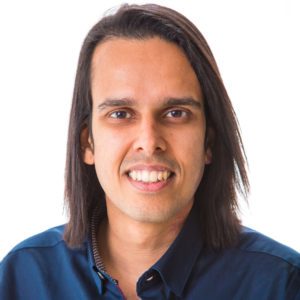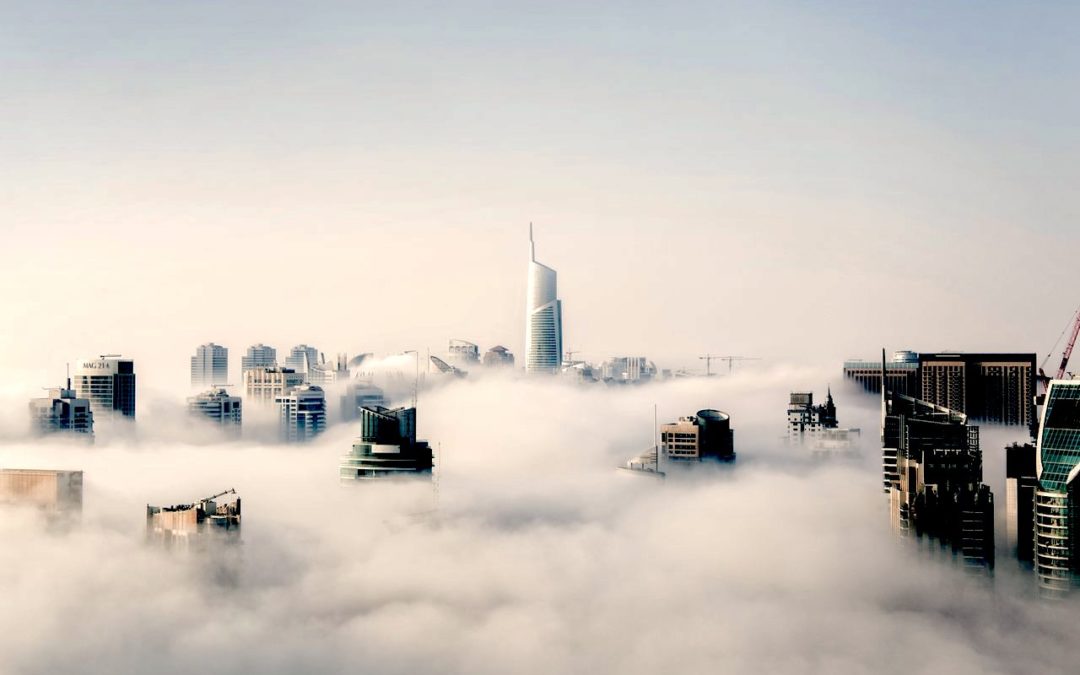The richer a society gets, the less it seems to appreciate what it already has. I often look around and feel that there is so much to be thankful for, but little appreciation. It seems that while many things are amazing (at least in the material realm), nobody values anything. Is this the paradox of progress?
Tocqueville paradox
The 19th century French thinker, Alexis de Tocqueville, noted the tendency for people to become increasingly dissatisfied with something, the more that the thing improves. Tocqueville’s observations at the time were in the context of social justice, which perhaps are even more relevant today. However, the phenomenon is seen across all manner of things from wealth and material comforts, to social progress and individual status-seeking behaviour.
What Tocqueville observed is actually an astute variation of that old chestnut — insatiable human desire. That tendency within us all to keep seeking more, even when what is already present is substantial. For, contentment becomes elusive without gratitude. Without an appreciation for what you already have that is often forgotten or ignored. So, we risk seeking and seeking, but never finding.
Perspective
Part of the problem is the difficulty of gaining perspective. Since each one of us inherits the norms of our world just by being born into it, we naturally find it difficult to notice such things as the material abundance that is unique to our time. The material abundance available in many parts of the world that makes us truly privileged. Only taking a more historical perspective allows us to see how fortunate we are.
Just picture the life of a peasant in Victorian Britain in one of Dickens’s novels. Disease, starvation and horrendous living and working conditions. Today, people in the economically more developed world, in countries like the UK, have a material standard of living that is on average around 30 times higher than their ancestors had even a couple of hundred years ago.
The other paradox of progress
The other paradox of progress is that while we have advanced tremendously, materially and technologically, our wisdom as a species does not seem to have grown in equal measure. It is certainly not self-evident that we live more fulfilled and contented lives than our ancestors did. In fact, there may even be a case for the opposite.
Despite vast advances in material living conditions, there is weirdly a case to be made for the human experience in modernity having become one of increased tension, unease and psychological fragility. We are far less comfortable in our own skins in a way that our fellow earthly inhabitants are not. You would be hard pressed to find a gazelle or gorilla that suffers from chronic anxiety or from feeling that they are a failure, or somehow ‘not good enough’. On the other hand, these are common features of what has come to be modern human life. It is as if we are yet to come to terms with our own humanness.
Self-understanding
At the individual level, the path to making the most of this life lies in deeply investigating yourself and your world. In becoming aware of what you have, and think you don’t have. In enquiring into what it is that you want, and what you believe getting it will give you.
Is a particular thing really necessary to your safety and survival in any real physical sense? Or, is it more psychological — about what you think you should have and should do? Only you can know the answers — what it takes is the courage to introspect and really look within.
For, without the personal mastery that comes from deeper self-understanding, the paradox of progress will very likely persist.
_____________________________________________________________________________________________



Recent Comments